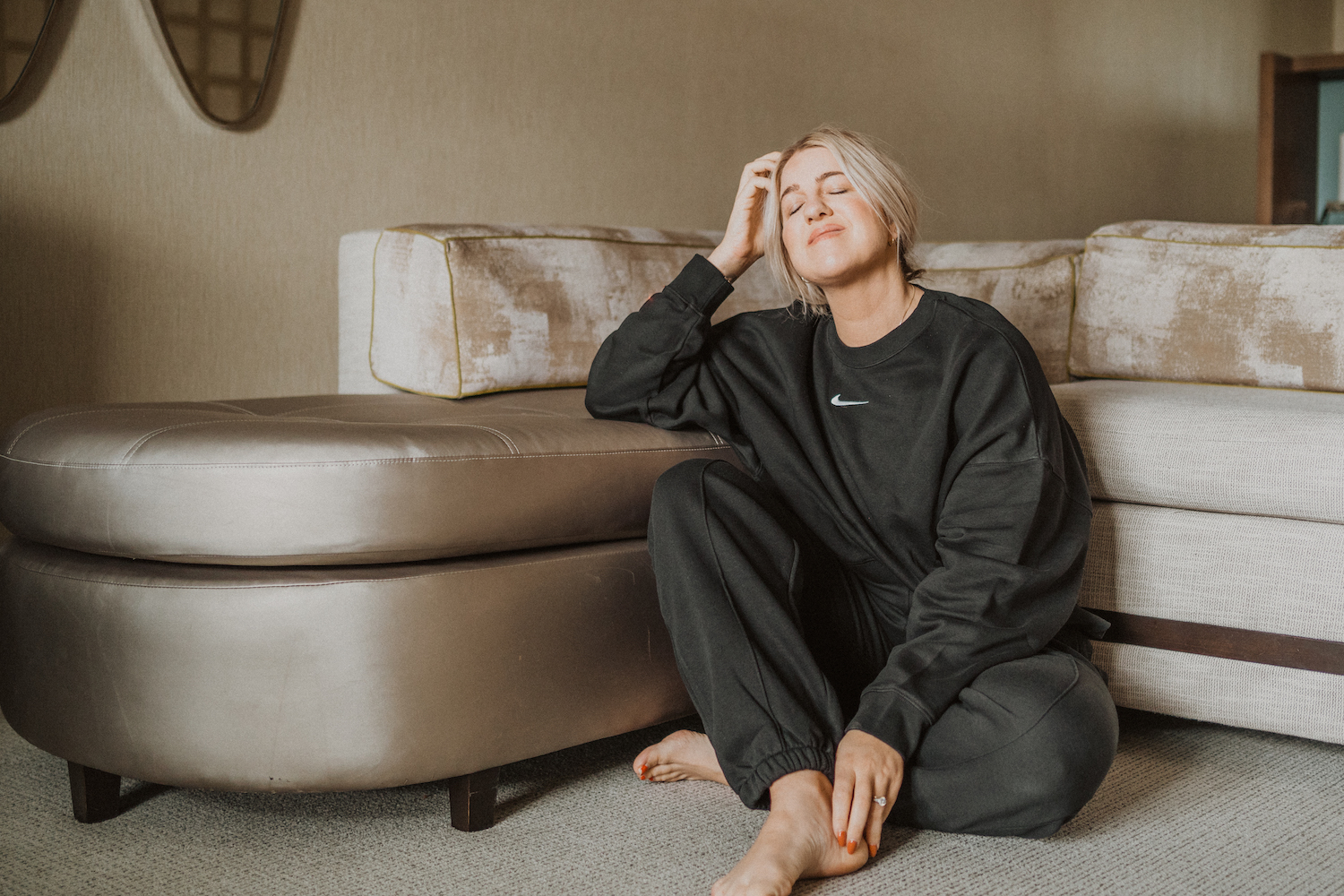Sleep is a subject we talk about constantly in the office and on the blog, and our passion for the topic is mirrored by our society at large. But while sleep is obviously one of the foremost pillars of wellness, we tend to brush past the subject entirely. That’s why Dr. Preeti Devnani MD has dedicated her career to understanding and managing sleep disorders, as well as raising what she calls “Sleep Awareness” among the medical community and general public.
“The science of sleep is extremely fascinating, and it’s clearly evident that we are still in the nascent phase of learning much about the various physiological aspects and the impact of sleep disorders on general health,” says Dr. Devnani.
“Ideally a person must sleep from sunset to sunrise, optimizing the cumulative effect on the homeostatic and circadian drive for ideal physiology. In the modern era, we’re burning the candle at both ends. We’ve become a 24-hour society due to social and work stressors. We need to make a consistent effort to sleep at the same time and maintain a sleep and wake schedule. Recent studies have shown that dysregulation of this sleep cycle (or delayed sleep circadian phase) can have an adverse effect on the metabolic functions of the body.” You heard that right. Not getting proper sleep can even make you gain weight. Read on for Dr. Devnani’s 10 Commandments for Getting a Good Night’s Sleep, and fight your insomnia naturally.
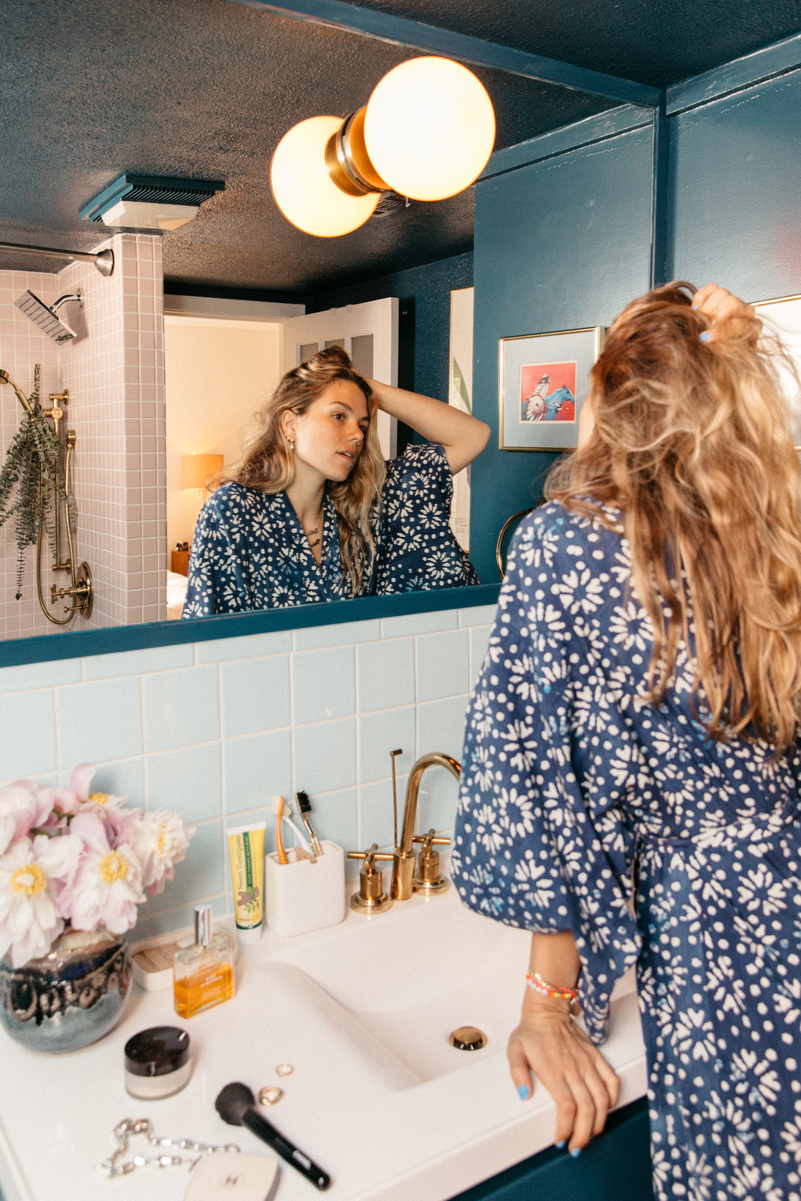 photo by Kristen Kilpatrick
photo by Kristen Kilpatrick
1. Keep a regular schedule. Regular times for meals, medications, chores and other activities help keep the inner clock running smoothly.
2. Keep a fixed time for going to bed and awakening each day.
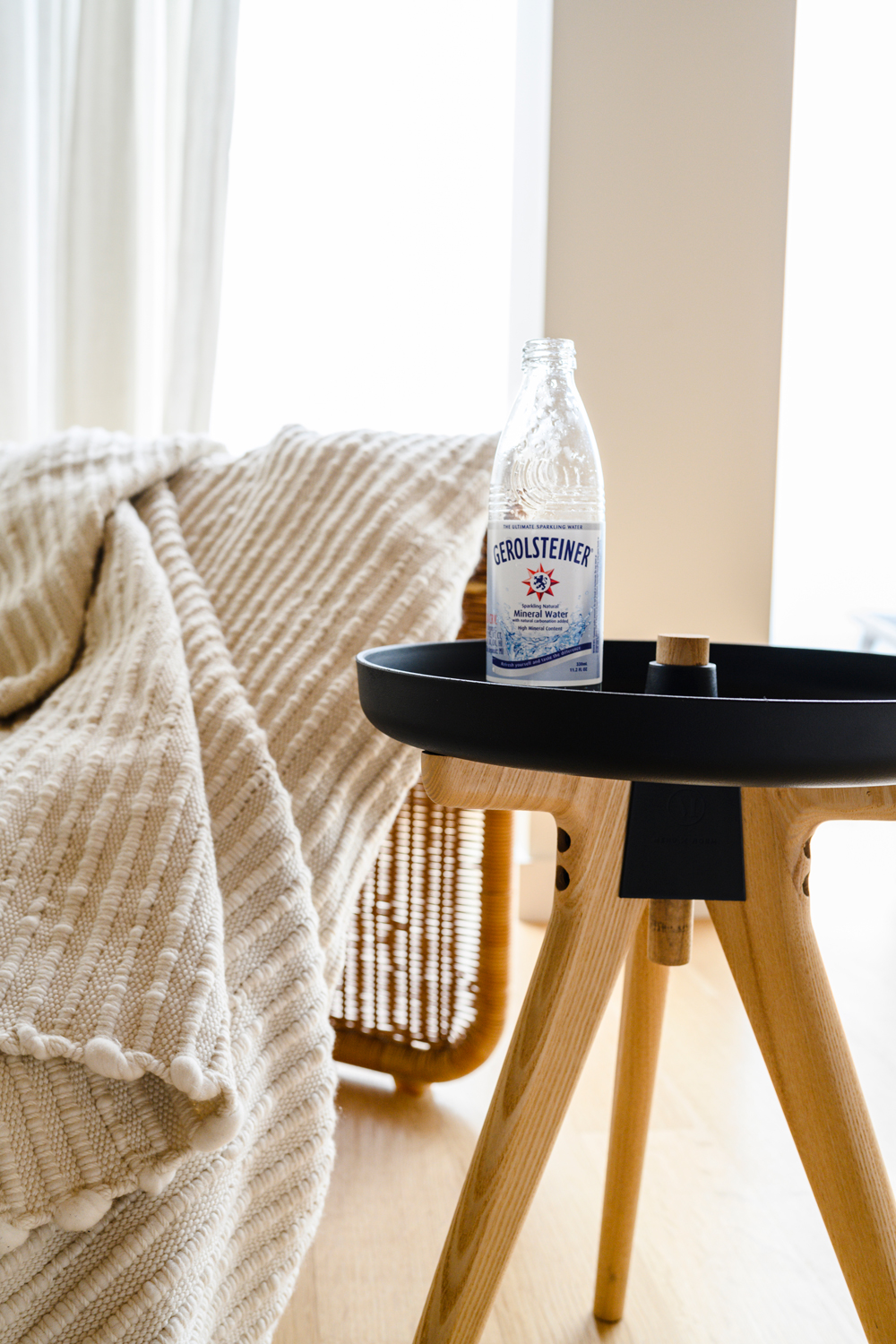 photo by Teal Thomsen
photo by Teal Thomsen
3. Restrict water intake in the late evening and before bed.
4. Avoid caffeinated drinks and food before within 4 to 5 hours of bed time such as tea, coffee, soft drinks, and chocolate.
 photo by Hannah Haston
photo by Hannah Haston
5. Avoid alcohol before sleep – it may cause early onset of sleep but the sleep is more likely to be fragmented.
6. Light form of physical exercise is recommended, preferably not closer than 4 hours to bedtime.
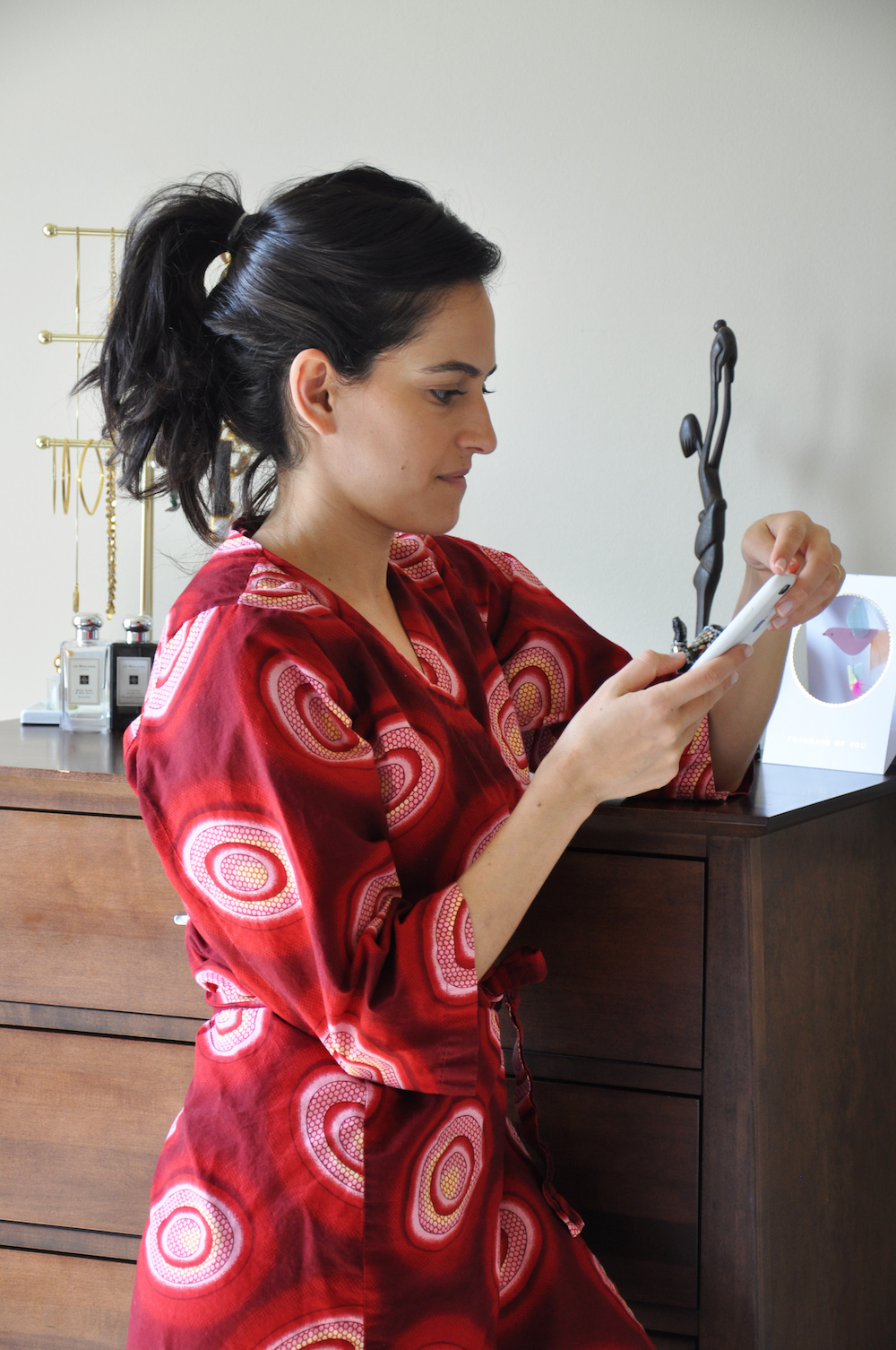 photo by Kathryn Worsham
photo by Kathryn Worsham
7. Avoiding electronics such as television, computers, laptops at bedtime is recommended.
8. Do not spend excessive amounts of time in bed. Use your bed only for sleep and intimacy.
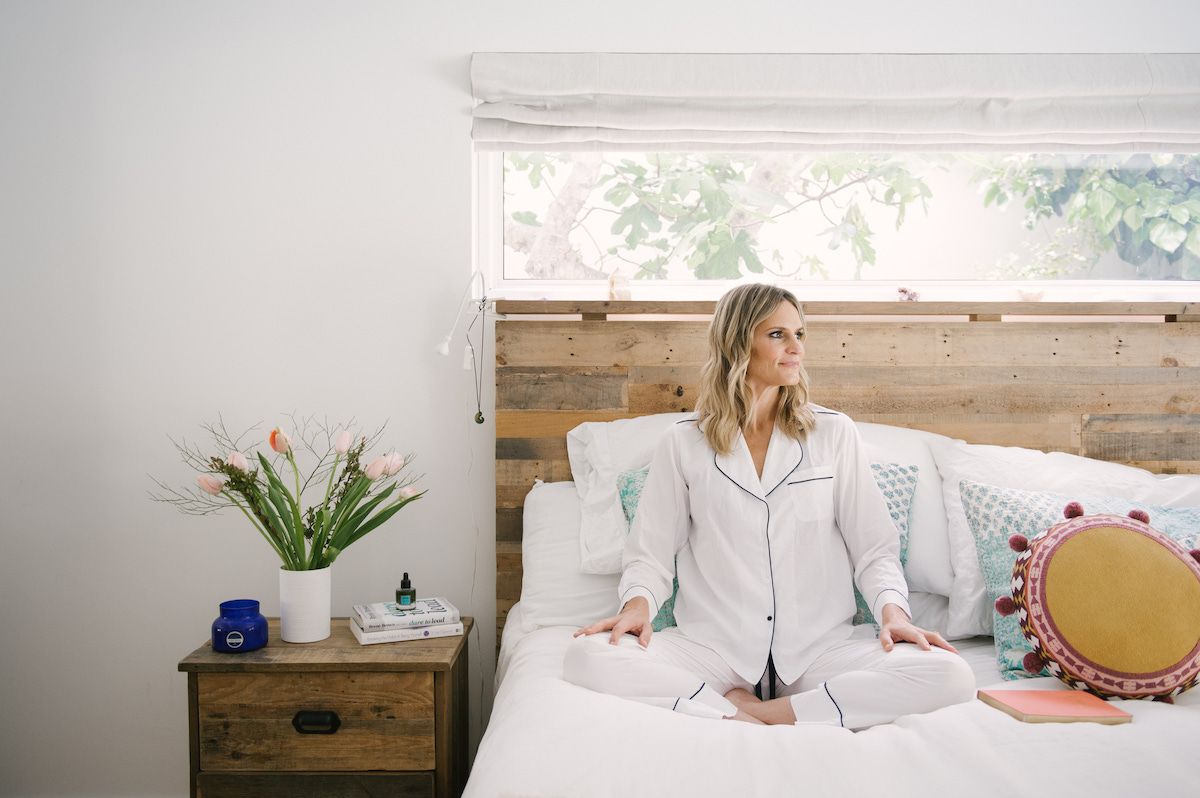 photo by Melissa Gidney
photo by Melissa Gidney
9. A relaxing pre-sleep ritual such as a warm bath, light bedtime snack, or 10 minutes of reading may help. Avoid heavy meals before bedtime.
10. Avoid sleeping in the daytime. If required, a short nap less than 30 minutes is recommended, no later than 3 pm.

Learn more about Dr. Devnani’s practice at the Sleep Disorders Clinic, and check out their facebook page here.





